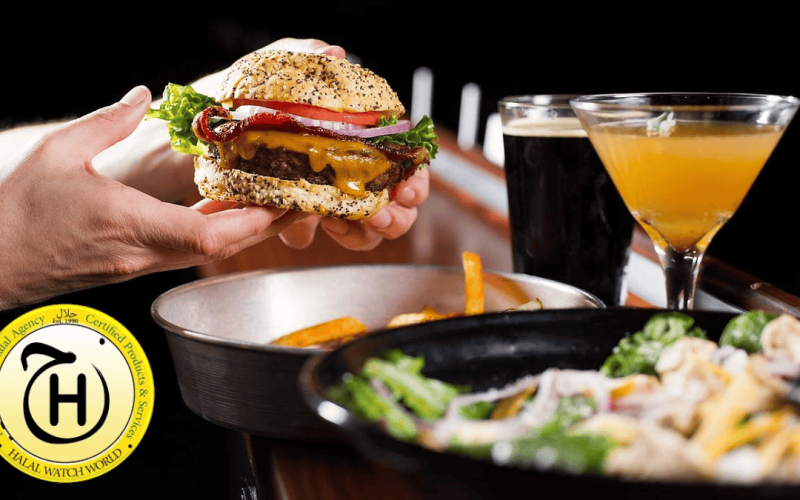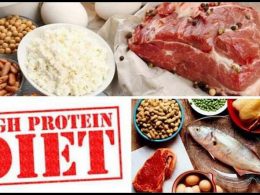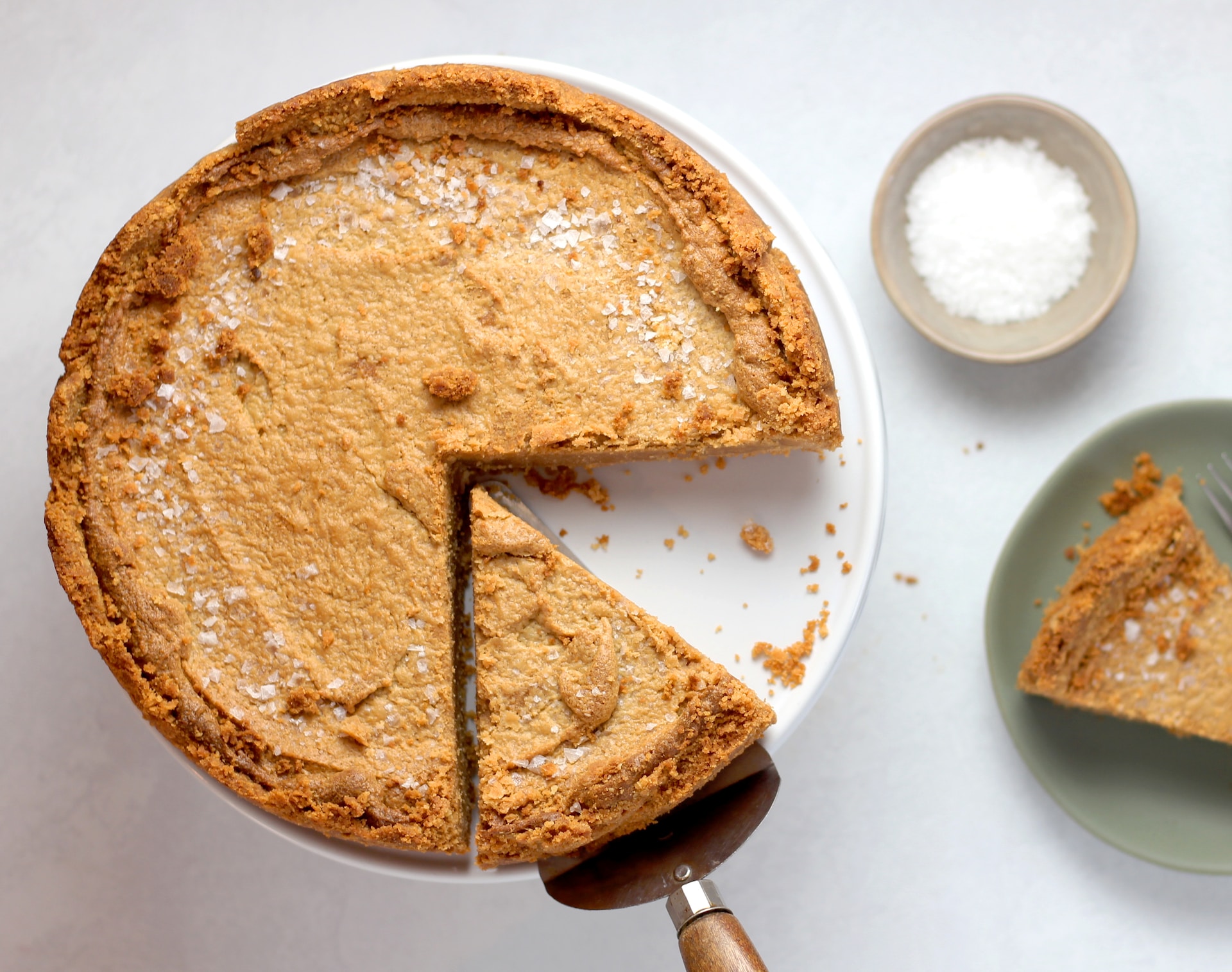Introduction
The global halal industry has taken a remarkable leap forward in 2025, driven by increasing consumer awareness and expanding international trade. Countries across Asia, Europe, and North America are seeing an uptrend in demand for food and beverages that comply with Islamic dietary principles. In fact, the global halal market is projected to surpass US$3 trillion by the end of the year. For food businesses seeking wider recognition and trust from consumers, obtaining halal food certification has become not just a regulatory formality but also a strategic advantage.
This certification signifies that products are prepared, processed, and handled according to Islamic guidelines. But its value runs deeper it provides assurance of purity, ethical sourcing, and cleanliness, which appeal to Muslim and non-Muslim consumers alike who are prioritizing transparency and quality.
Why Businesses Are Seeking Certification in 2025
Consumers are now empowered by data and technology, and many use mobile apps or QR codes to verify halal status instantly. As a result, food manufacturers, restaurants, and suppliers understand that having halal certification for food business operations is essential to maintain credibility in a discerning market.
Businesses that once considered halal certification optional now see it as a cornerstone of brand integrity. From small snack brands expanding into Southeast Asia to large multinational companies diversifying their product lines, getting certified opens up doors to new markets. The key benefit lies in consistent compliance—demonstrating that a brand’s commitment to halal standards is not just marketing but measurable and verifiable.
Steps to Get Certified for Halal Food
Getting certified can appear complicated to newcomers, but the process is methodical and transparent. It begins with an application to an accredited halal certification body. The company provides details about its ingredients, production process, supply chain, and hygiene practices. Inspectors then conduct audits to ensure there are no cross-contamination risks with non-halal materials.
The review phase focuses on the entire production lifecycle—from sourcing raw materials to packaging. Once all criteria are met, the certifying authority issues a halal compliance report, and the business earns its certificate. Maintaining certification requires periodic audits and documentation updates to ensure continuous compliance. This meticulous process assures customers that halal integrity is preserved from farm to fork.
Understanding Halal Food Certification Requirements
The requirements differ slightly from one jurisdiction to another, but fundamental Islamic principles remain constant. Among the primary halal food certification requirements, businesses must:
- Use ingredients and additives derived from halal sources only.
- Ensure slaughtering methods (for meat) comply with Islamic law.
- Maintain strict segregation between halal and non-halal products during storage, handling, and processing.
- Prevent contamination from utensils, transport containers, or machinery that handle non-halal materials.
- Keep detailed documentation of suppliers and manufacturing steps.
Meeting these criteria goes beyond mere compliance it builds consumer confidence and ensures religious obligations are respected at every stage.
Expanding Opportunities in the Beverage Industry
The halal trend has evolved far beyond meat and processed foods. Beverages—once thought to have minimal compliance issues—are now under increased scrutiny. Alcohol-free drinks, flavoring agents, and even packaging materials are being checked for halal compliance. Global beverage companies have recognized the growing demand for verified products, sparking an upsurge in Halal Certification for Beverages.
From energy drinks to sparkling water, consumers expect the same transparency they demand from food producers. Halal certification for drink products signals purity, ethical manufacturing, and respect for consumer beliefs, creating a competitive advantage in countries with large Muslim populations.
Special Focus: Halal Beverage Product Certification
Halal beverage certification has proven to be more complex than many anticipate. It requires ensuring that all flavoring, colorants, stabilizers, and clarifying agents come from halal-approved sources. Moreover, production equipment must not be shared with facilities processing alcohol or other non-halal substances. This stringency forms the backbone of reliable Halal beverage product certification and ensures every sip meets both religious and quality expectations.
Manufacturers that adopt strict compliance systems are rewarded with long-term consumer loyalty and expanded market access. As buyers become more attentive, a simple certification label on a drink can markedly influence purchase decisions.
The Expanding Niche of Halal Soft Drink Certifcate
Among all beverage categories, soft drinks are experiencing one of the highest uptakes in halal certification requests. Global soda brands and artisanal carbonated drink startups alike are applying for a halal soft drink Certifcate to assure customers that no animal-based ingredients or additives are included. Carbonation agents, sweeteners, and emulsifiers undergo rigorous verification before approval.
This certification not only affirms compliance but also resonates with eco-conscious and health-aware consumers who value traceability and ethical sourcing. As plant-based and “clean label” products continue to trend, halal-certified soft drinks naturally align with modern values of accountability and transparency.
The Broad Spectrum of Halal Beverages and Emerging Trends
The term halal beverages now encompasses far more than soda and juice. It includes herbal drinks, dairy alternatives, coffee blends, teas, fermented drinks with zero-alcohol content, and functional beverages enriched with vitamins or probiotics. The focus on health, sustainability, and social responsibility has blended seamlessly with halal ethics, forming a compelling narrative that appeals to global consumers.
Reports in 2025 show strong growth across Southeast Asia, the Middle East, and parts of Western Europe, where halal-labeled beverage sales have surged by over 18%. The data underscores how inclusivity and faith-based principles are shaping global consumption patterns.
Assuring Quality Through Halal Beverages Certification
Achieving halal beverages certification requires consistency and honesty. Accreditation bodies emphasize not just legal adherence, but also an organization’s dedication to maintaining those standards over time. Continuous monitoring, product reviews, and random audits secure the authenticity of the certification mark.
Businesses that treat the certification as an ongoing commitment (rather than a one-time badge) earn deeper trust from consumers and often, better partnerships with distributors and retailers who prioritize verified products.
How Halal Watch World Supports the Industry
Organizations like Halal Watch World have played a vital role in strengthening public confidence by promoting credible auditing processes and supporting education about halal compliance. Their research, industry oversight, and advocacy ensure that both consumers and producers benefit from fair, transparent certification systems. In 2025, their initiatives continue to push for international alignment of halal standards, making global trade smoother for certified brands.
Conclusion: Certification as a Promise of Integrity
The halal industry’s momentum in 2025 reflects more than just market demand—it represents a global movement toward ethics, quality, and inclusivity. When a business proudly displays its halal food certification, it signals authenticity and accountability that appeal across cultures and faiths.
As consumers continue to expect honesty in labeling and purity in production, the significance of halal certification will only deepen. Brands that commit to ongoing compliance, transparency, and moral responsibility will not only win market share they will earn something far more valuable: enduring trust.
Related Article: Healthy Food and Drink Choices for 2025










